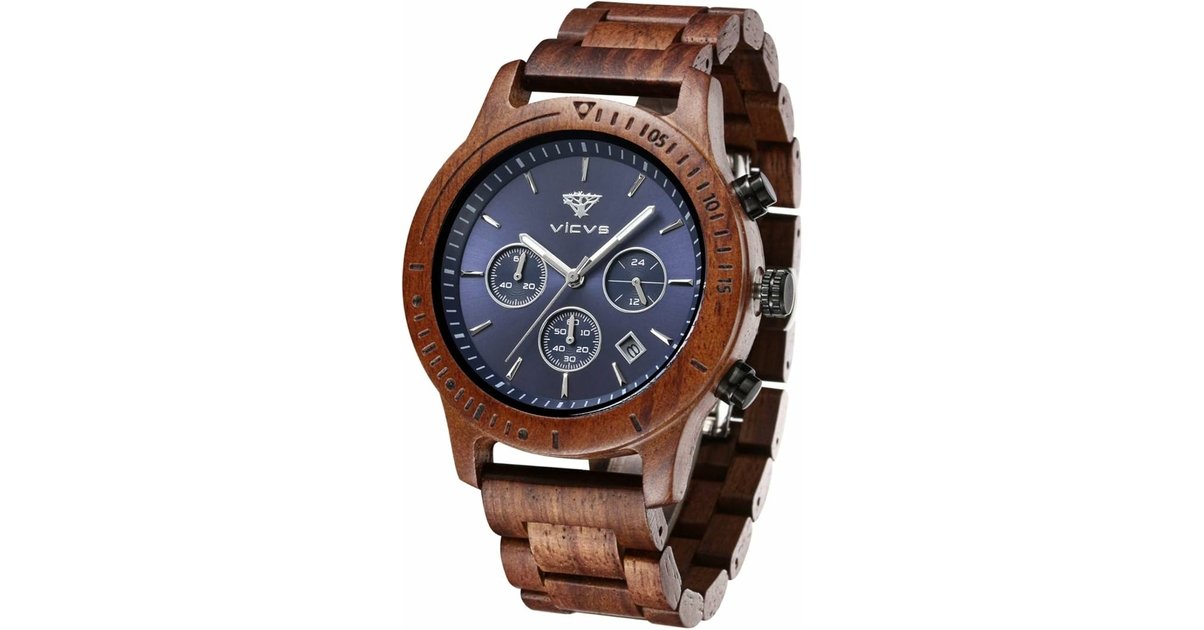Key Takeaways
Watches track sleep by detecting movements through an accelerometer and identifying periods of inactivity associated with deep sleep. They also measure heart rate and body temperature to provide a more comprehensive picture of sleep quality. In addition, advanced watch models can monitor your REM sleep stages and breathing patterns.
Introduction to Sleep Tracking
Sleep tracking technology, often found in smartwatches and fitness trackers, has become a popular tool for monitoring overall health and wellness. These devices track sleep patterns, providing insights into the quantity and quality of your sleep. They serve as a valuable resource, especially for those who are striving to improve their sleep habits.
How Watches Track Sleep
1. Movement Detection
Watches track sleep primarily through a method called actigraphy. In this method, the watch’s accelerometer, a motion-detecting sensor, picks up on any movement you make. When you’re asleep, your movements are significantly reduced, particularly during the deep stages of sleep. By detecting these periods of relative inactivity, a sleep tracking watch can determine when you’re asleep.
2. Heart Rate Monitoring
Some advanced watches also have a heart rate monitor. During sleep, your heart rate tends to be lower. By monitoring changes in your heart rate, the watch can further refine its understanding of your sleep cycles.
3. Body Temperature Measurement
Body temperature is another key factor that some watches use to track sleep. Your body temperature typically drops slightly during sleep, so a decrease in skin temperature can indicate that you’re asleep.
4. Advanced Sleep Stage Tracking
More advanced watches can even track different stages of sleep including light sleep, deep sleep, and REM sleep. This is done by combining movement data with heart rate and body temperature information.
Benefits of Sleep Tracking
By giving insights into sleep patterns, sleep tracking watches allow you to understand your sleep habits better, thereby helping you to improve your sleep quality. They can also help identify potential sleep disorders.
Conclusion
Watches track sleep by monitoring movement, heart rate, and sometimes body temperature. While they may not be as accurate as a professional sleep study, they provide a handy and useful tool for monitoring your sleep habits and overall sleep health.
FAQs
How accurate are sleep tracking watches?
While they may not be as accurate as professional sleep studies, sleep tracking watches provide a reasonably accurate picture of your overall sleep patterns.
Can a watch track REM sleep?
Yes, some advanced models of sleep tracking watches are capable of tracking REM sleep by combining movement data with heart rate and body temperature information.
Can sleep tracking help improve sleep habits?
Yes, by providing insights into your sleep patterns, sleep tracking watches can help you understand and improve your sleep habits.




